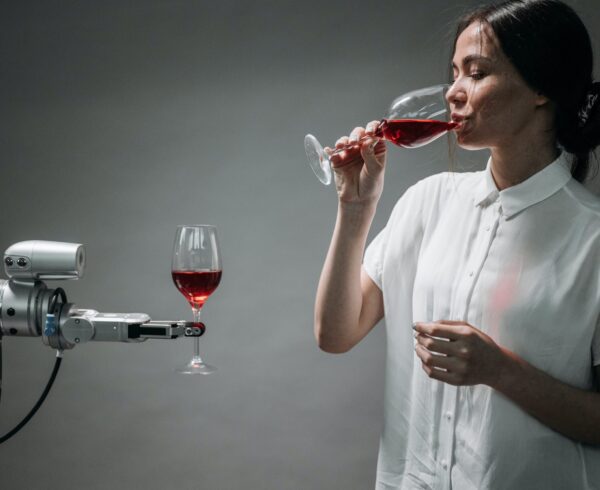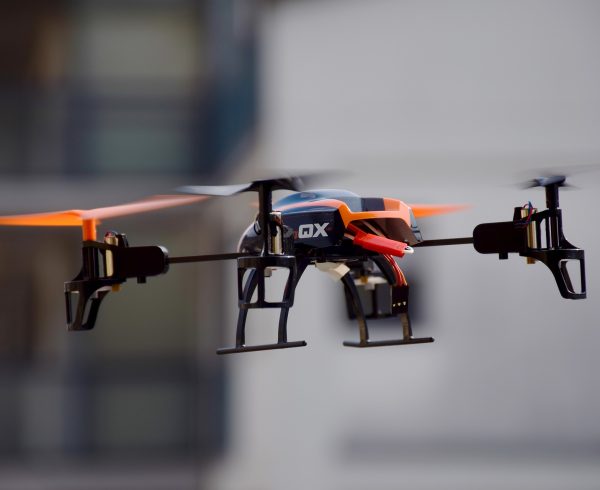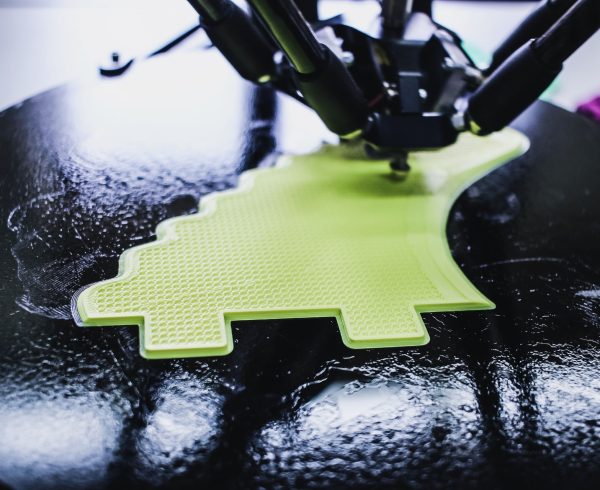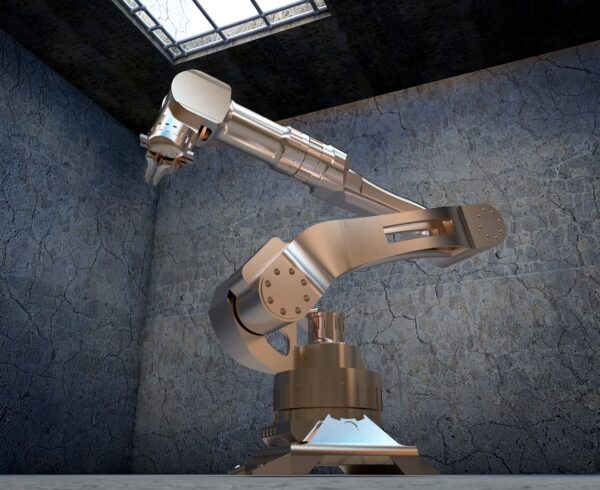As shelter-in-place orders rolled out across the globe, many companies were overwhelmed with customer phone calls. But many of those calls involve time-consuming, repetitive processes that could easily be automated. It simply doesn’t make financial sense to have hundreds of humans in contact centers answering customer phone calls or responding to online chats that could easily be addressed by AI.
According to reports, almost 85% of the customers’ relationship with a brand will be carried out without human interaction in the next five years. That’s why so many companies are using AI to significantly enhance the customer experience. Businesses that fail to prepare for a future led by AI, virtual reality, augmented reality, bots and holograms will be left behind.
Chatbots don’t mean the end of human-based customer interaction. In fact, quite the opposite. AI-based bots are designed to work alongside humans to augment their work, optimize customer interactions, and eliminate low-value tasks. Forward-thinking companies are increasingly using AI to provide a better customer experience and decrease reliance on traditional call centers.
Air Travel Of The Future
Nowhere has the impact of the global pandemic been felt more than in the travel industry. Airlines and airports in particular have seen a massive downturn in business and are scrambling to reimagine what travel will look like going forward. New social distancing rules have forced airlines to reconsider how they interact with the customer:
- Move from self-service terminals to no-touch self-service
- Touchless check-ins using biometrics at kiosks
- Flight check-in at home via an app, including self-administered temperature checks
- App-based boarding passes that activate entry gates
- Self-service bag drops and collection
Airlines will be challenged to implement the new processes while ensuring the customer still has a positive, hassle-free experience.
Beyond The ATM
Like many other industries, banking and financial services are scrambling to adjust to a world where COVID-19 dominates the narrative. Pre-pandemic, 70% of banking customers were using self-service channels but just 9% were resolved without switching to an agent. As the pandemic continues, more and more customers will turn to banking websites or in-app chats to resolve issues that they can’t address in person.
- Touchless ATMs. Many of the big banks already let customers use their phones to control some ATMs so there’s no need to use a kiosk touchscreen.
- Video teller goes mainstream. Video conferencing banking services have been available for several years, but the new environment is likely accelerating its use.
- Increase in use of drive-through ATMs. As customers look to limit in-person interactions, the use of drive-through ATMs is on the rise.
- ATMs become mini-branches. Although upgrading ATMs is complicated and slow, banks are beginning to realize the importance of the machine and how it has the potential to offer more services than it does today, saving the customer from having to enter a branch.
At the end of the day, customers do want self-service but they want it to be safe, simple, and effective.
Hotels Get Personal
Like the airline industry, hotels have suffered major setbacks as a result of the global pandemic but it has opened the door for hoteliers to fundamentally alter how they interact with customers and give them a far better experience. By harnessing the power of AI and the Internet of Things, hotels can boost occupancy, increase revenue, and give customers a far better experience.
Some large hotel chains have already embraced the power of technology to enhance the customer experience, but there’s still a long way to go, and the hotel experience is definitely going to be different from the check-in all the way through to the check-out.
- Check-In. With the advent of COVID-19, more check-in kiosks at hotels are likely to become touchless, either being controlled by mobile phones or by voice command.
- Room Keys. Some hotel chains are already offering guests the ability to use their mobile phones as digital room keys, as well as the ability to select their room digitally, completely bypassing the front desk altogether.
- Premium Services. AI and data gathering allows hoteliers to really understand their guests’ habits, identify patterns, predict preferences, and automatically offer targeted premium services.
- Robotic Butlers. While it’s unlikely we’ll see robots wandering the halls of hotels any time soon, there’s no reason a human should carry bags to rooms or delivering goods when a robot could do it just as well, and more safely.
- Voice Commands. Consumers are already comfortable using smart speakers and voice command digital platforms to manage their lives so there’s no reason they shouldn’t have the same experience in a hotel – turning on the lights, changing channels on the TV, ordering food, adjusting the temperature, or booking a wake-up call. And of course, all these behaviors and activities can be remembered for the guest’s next visit.
- AI-Enabled Concierge. Hotels and resorts have historically struggled to efficiently handle the flood of guest requests they receive daily, especially as most of them are time-sensitive. AI has shown to dramatically reduce the need for human assistance, especially when it comes to dealing with frequently asked questions or resolving problems.
Telemedicine
Out of necessity, the past few months have seen a dramatic rise in the adoption of telemedicine – the ability to meet with a doctor or health practitioner remotely using video conferencing and other technologies, regardless of location.
Not only can patients meet with health professionals electronically but records, test results, and X-rays can be shared, read, and analyzed by a health professional anywhere in the world, for instant feedback and results. Powered by deep learning and natural language processing systems, medical chatbots can use conversations to perform basic triage on patients. Telemedicine really is a natural evolution of healthcare and even once the pandemic is under control, consumers are unlikely to go back to the “old” way of doing things.
By combining the power of machines and humans, AI-empowered businesses can quickly analyze large amounts of customer data, identify patterns and correlations, predict future behavior, and take the best course of action to solve a problem or give the ultimate in personalized services.
Mythos Group’s white paper, Post-COVID-19: Re-imagining A New Era of Work, contains more detail on this and other recommendations, and is available to download for free from https://bit.ly/MG-White Papers.







